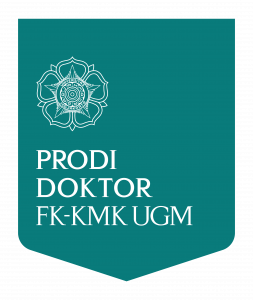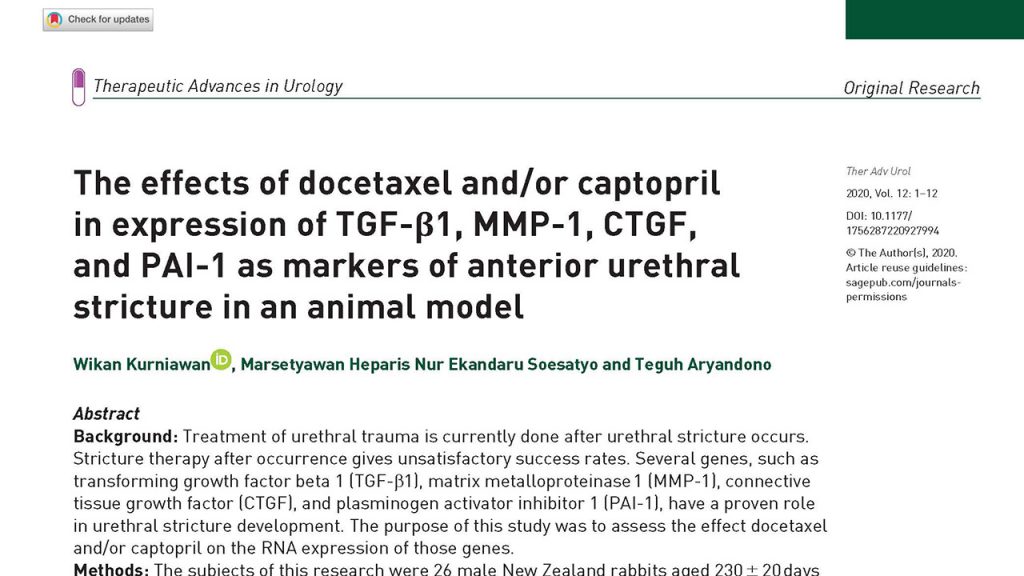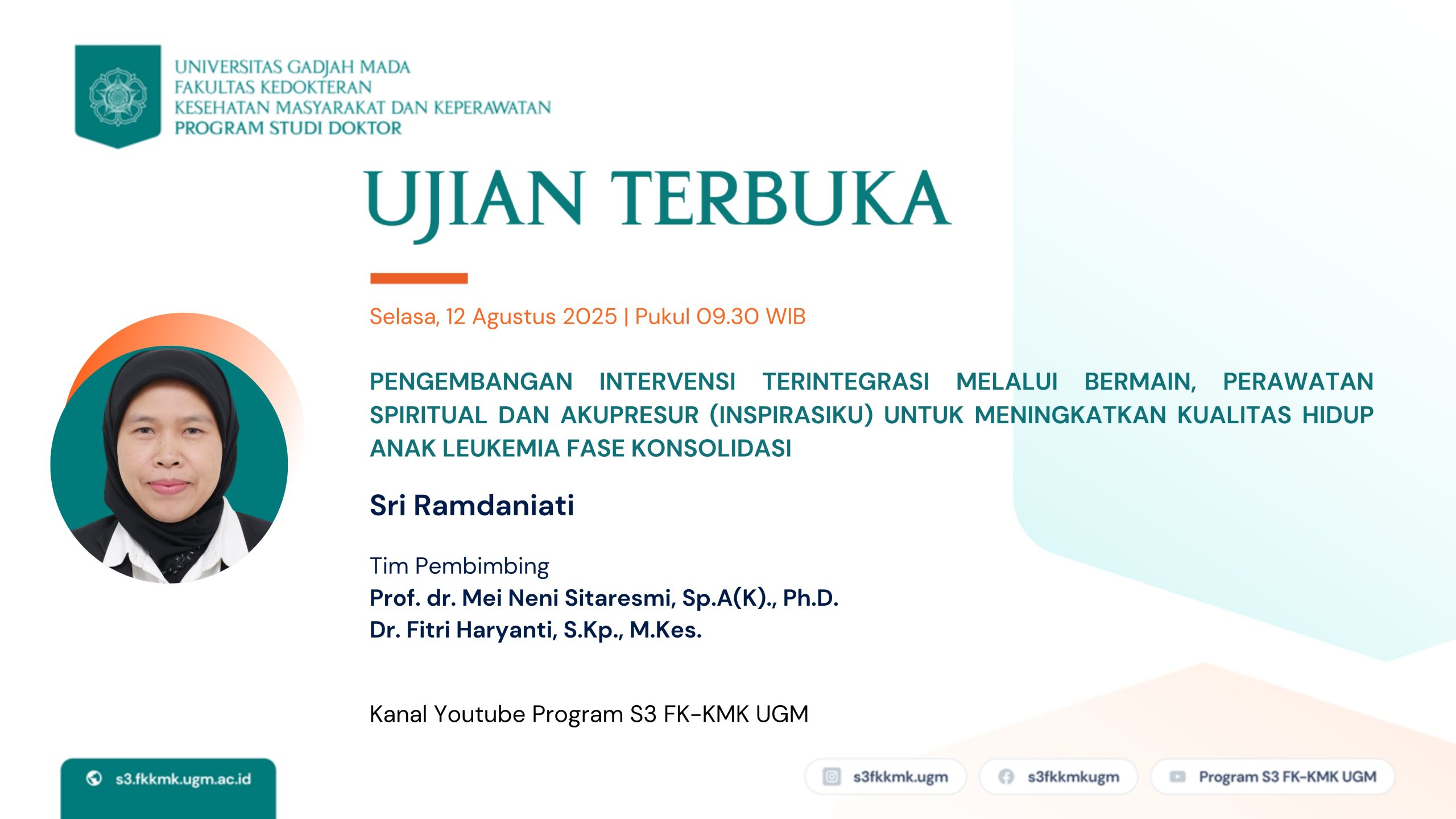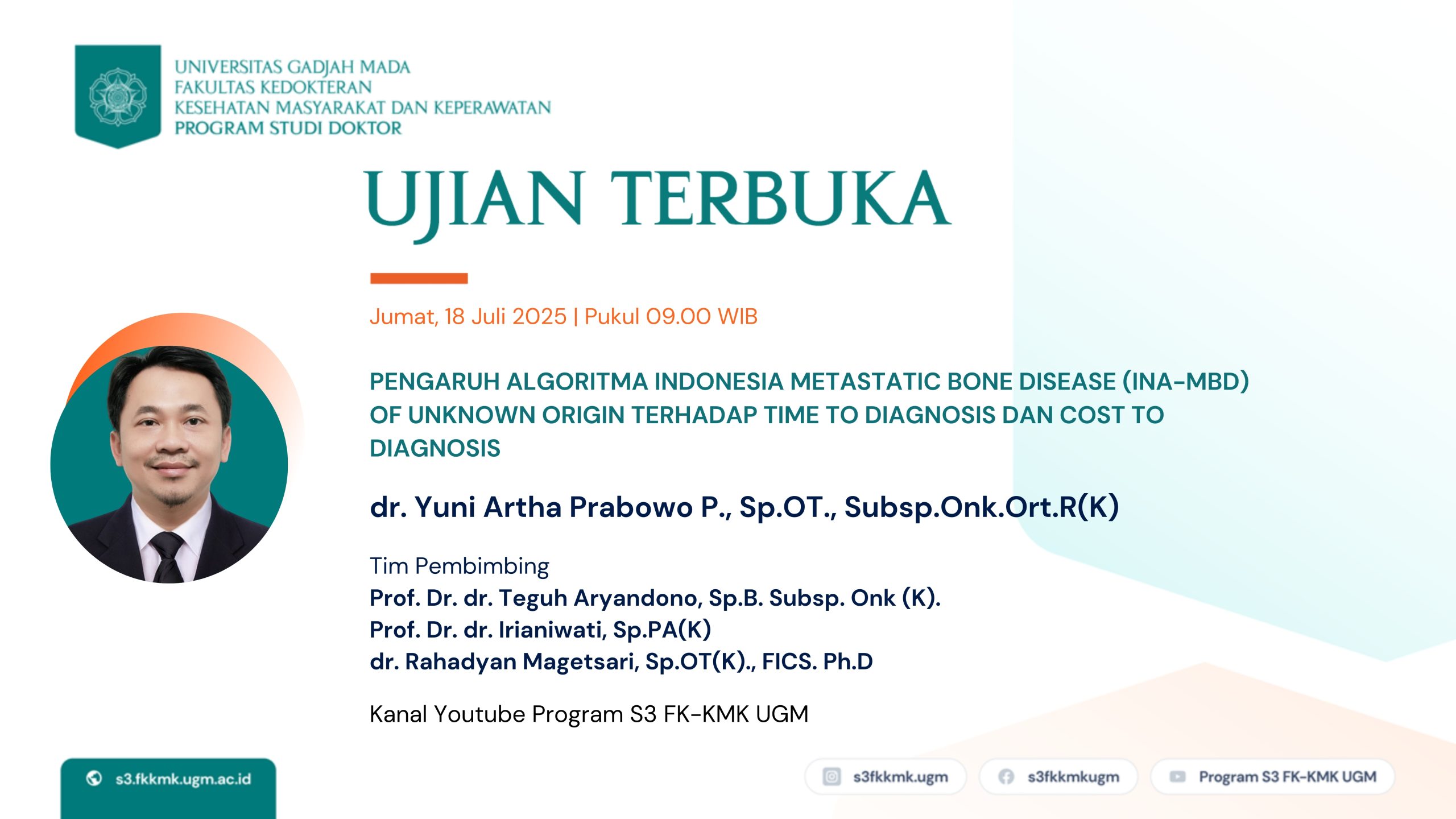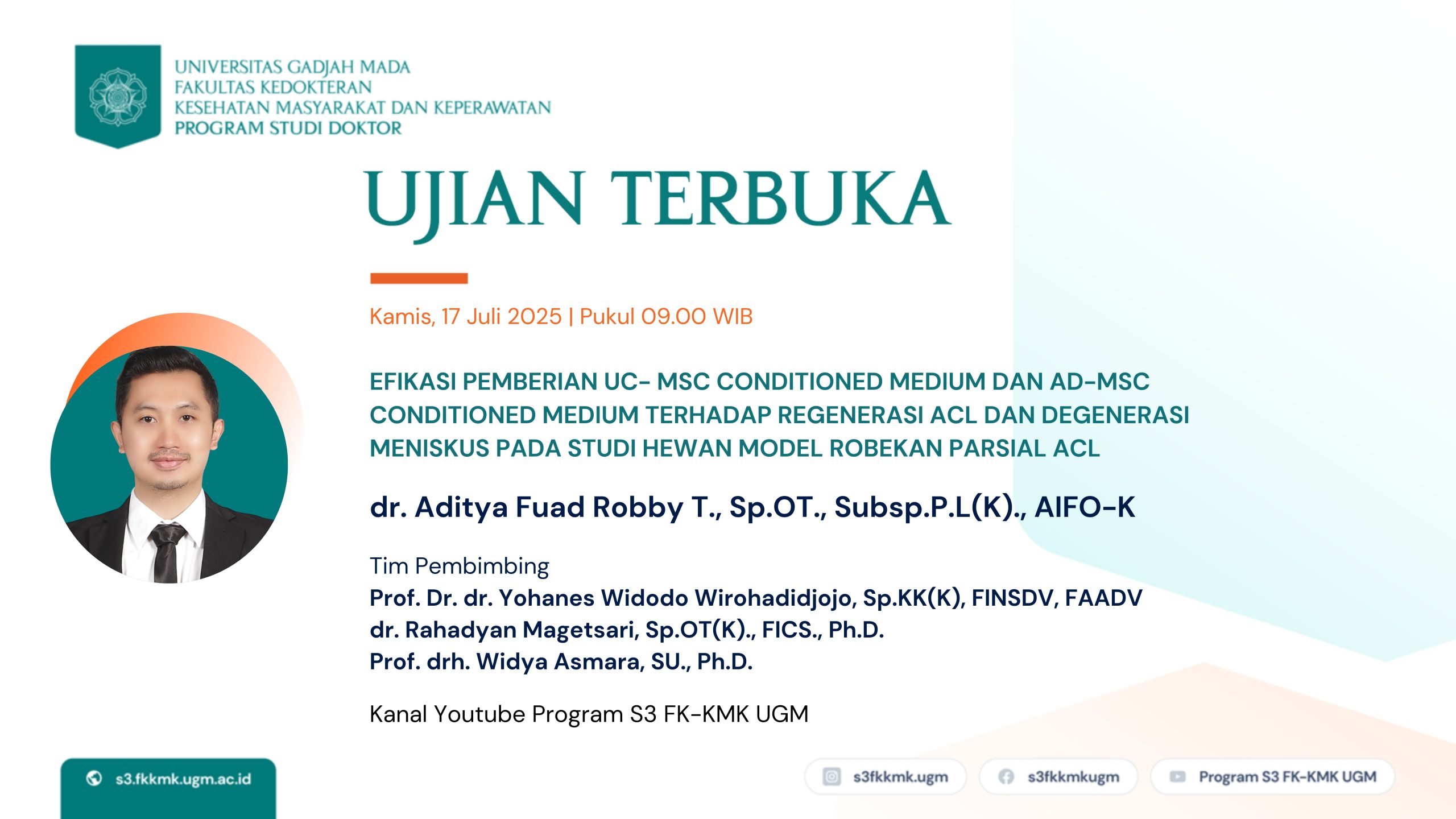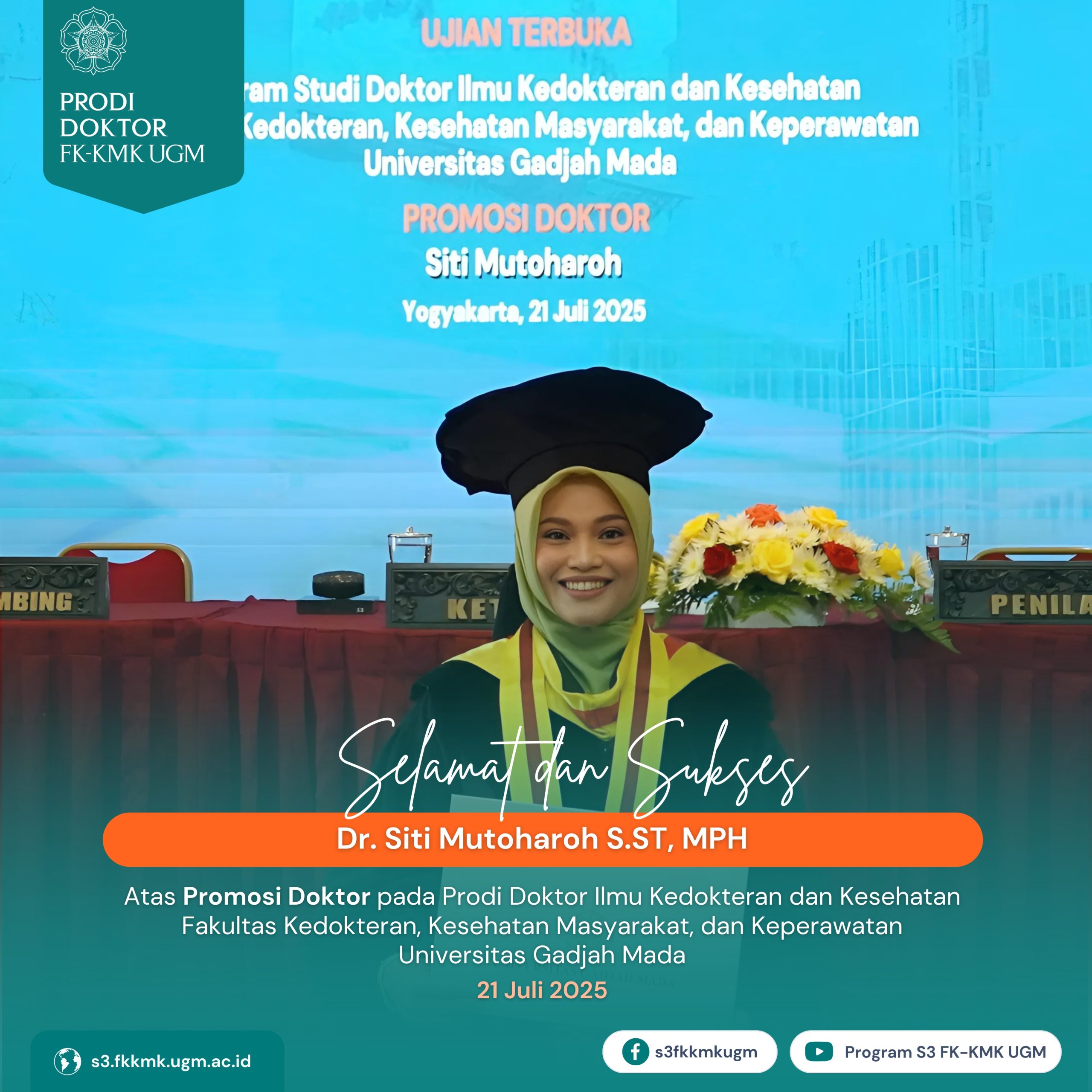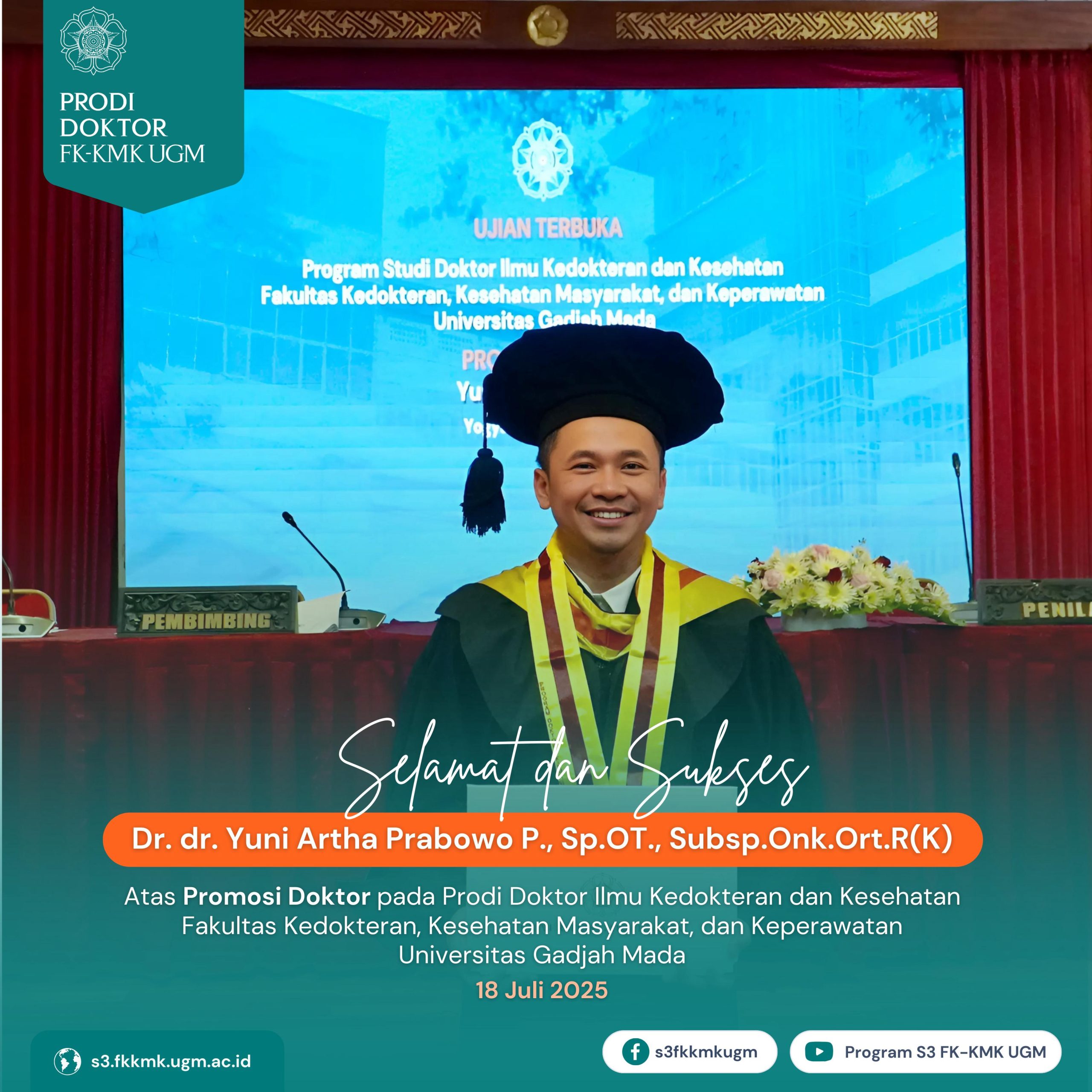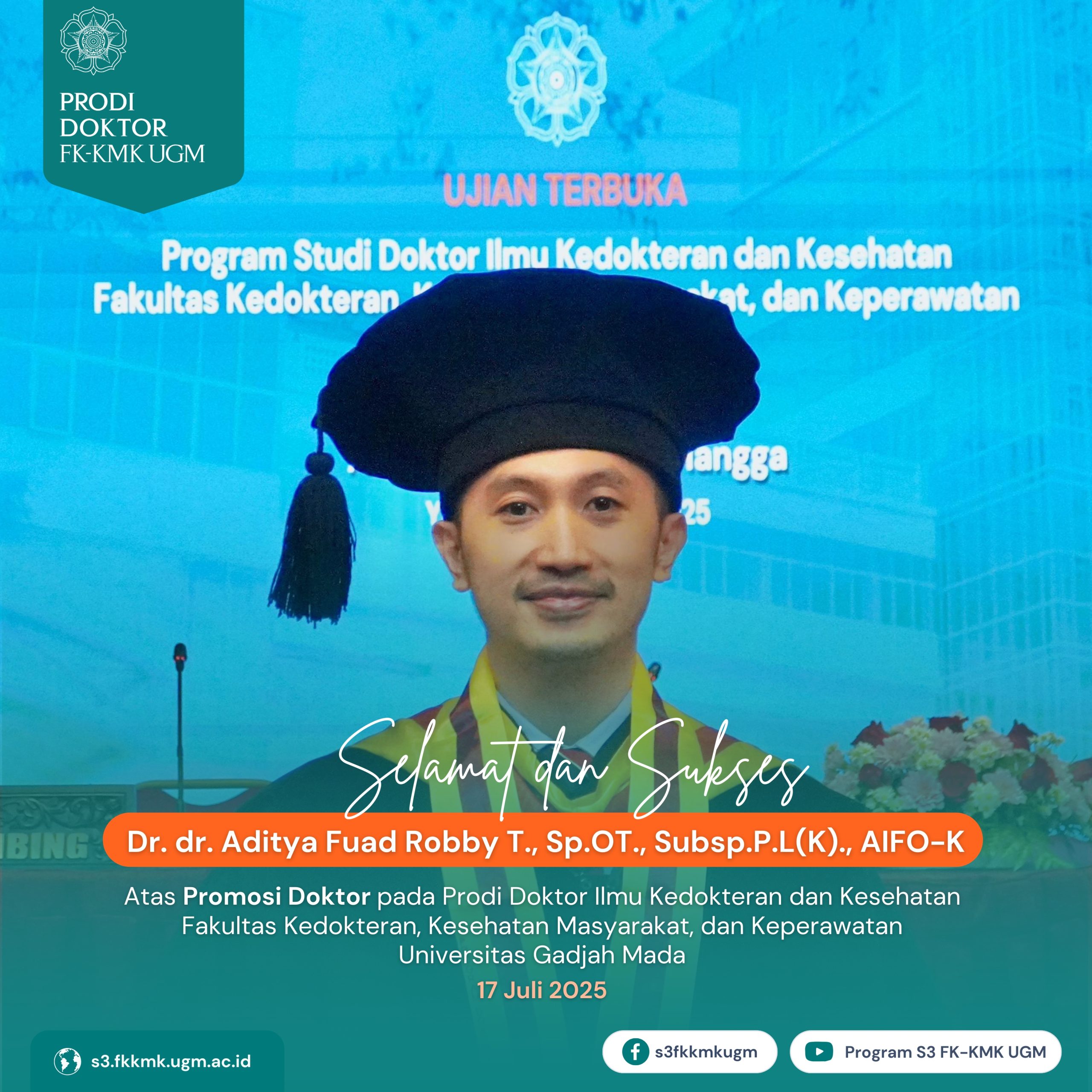Wikan Kurniawan, Marsetyawan Heparis Nur Ekandaru Soesatyo, Teguh Aryandono
Background:
Treatment of urethral trauma is currently done after urethral stricture occurs. Stricture therapy after occurrence gives unsatisfactory success rates. Several genes, such as transforming growth factor beta 1 (TGF-β1), matrix metalloproteinase 1 (MMP-1), connective tissue growth factor (CTGF), and plasminogen activator inhibitor 1 (PAI-1), have a proven role in urethral stricture development. The purpose of this study was to assess the effect docetaxel and/or captopril on the RNA expression of those genes.
Methods:
The subjects of this research were 26 male New Zealand rabbits aged 230 ± 20 days weighing 4–5 kg that underwent urethral rupture by endoscopic resection under anesthetized conditions. Subjects were divided into five groups; control, stricture, captopril (captopril 0.05 mg/rabbit/day), docetaxel (docetaxel 0.1 mg/rabbit/day), and docetaxel-captopril (docetaxel 0.1 mg/rabbit/day and captopril 0.05 mg/rabbit/day). Each group consisted of 4–6 rabbits. Each rabbit received a water-soluble transurethral gel containing drug according to its group for 28 days. After the treatment period, rabbits were sacrificed with 200 mg Pentothal, and the corpus spongiosum was then prepared for real-time PCR examination.
Results:
TGF-β1 RNA expression in the stricture group was statistically different from that in the control, docetaxel and docetaxel-captopril groups (p = 0.016; p = 0.016; p = 0.004). The stricture group did not exhibit any statistical difference from the captopril group (p = 0.190). The control group did not show any statistically difference from the captopril, docetaxel, and docetaxel-captopril groups (p = 0.114; p = 0.190; p = 1.000). Docetaxel-captopril suppresses expression of TGF-β1 RNA most significantly. MMP-1 RNA expression showed no significant differences among groups (p = 0.827). The docetaxel group and stricture group pair was most significant (p = 0.247), compared with other pairs of stricture groups in MMP-1 RNA expression. CTGF RNA expression in the stricture group was statistically different from that of control, captopril, docetaxel, and docetaxel-captopril groups (p = 0.003; p = 0.019; p = 0.005; p = 0.005). The control group did not exhibit any statistically difference from the captopril, docetaxel, and docetaxel-captopril groups (p = 0.408; p = 0.709; p = 0.695). There was no statistical difference among treatment groups. Docetaxel and docetaxel-captopril groups suppress the most significant expression of CTGF RNA expression.
PAI-1 RNA expression in the stricture group differed statistically significantly from the control and docetaxel groups (p = 0.044; p = 0.016). The stricture group did not show any statistically significant difference from the captopril and docetaxel-captopril groups (p = 0.763; p = 0.086). The control group did not exhibit any statistical difference with any of the treatment groups (p = 0.101; p = 0.637; p = 0.669).
Conclusion:
Docetaxel-captopril gel proved to be able to inhibit RNA expression of TGF-β1 and CTGF significantly. Captopril gel proved to be able to inhibit RNA expression of CTGF significantly. Docetaxel gel proved to be able to inhibit RNA expression of TGF-β1, CTGF, and PAI-1 significantly. There were no differences in MMP-1 expression among all study groups. Longer follow up after therapy discontinuation and greater sample size is needed to determine the therapeutic effect.
Selengkapnya:
https://journals.sagepub.com/doi/10.1177/1756287220927994
